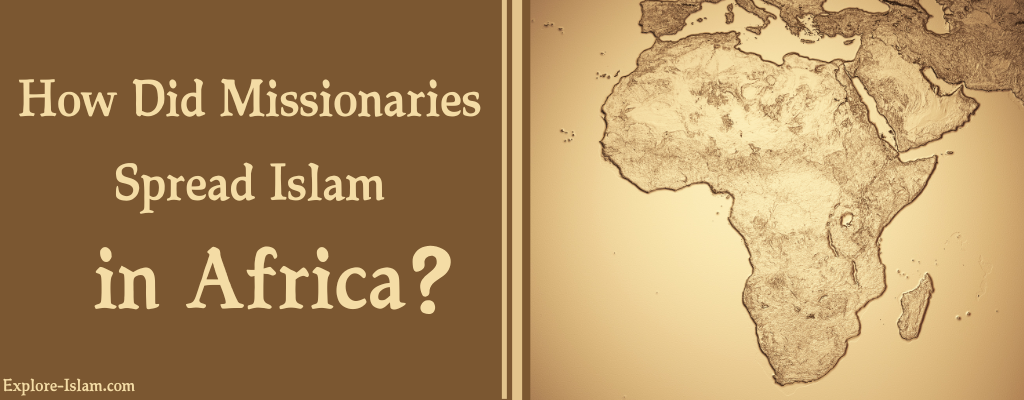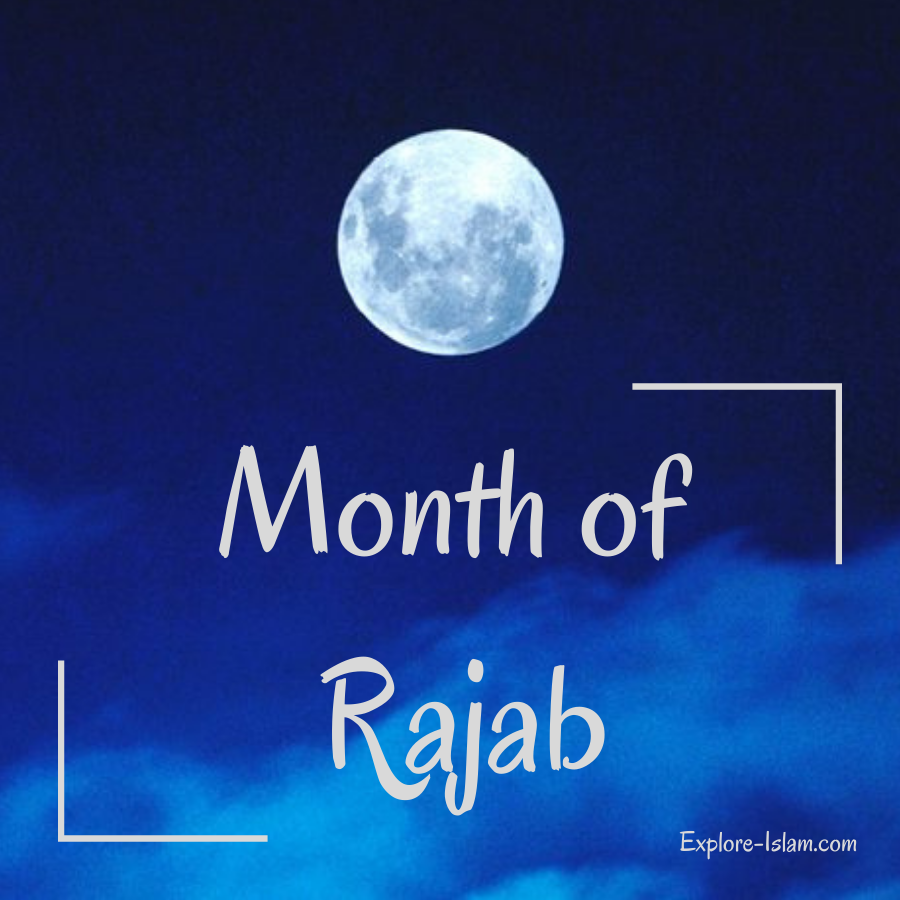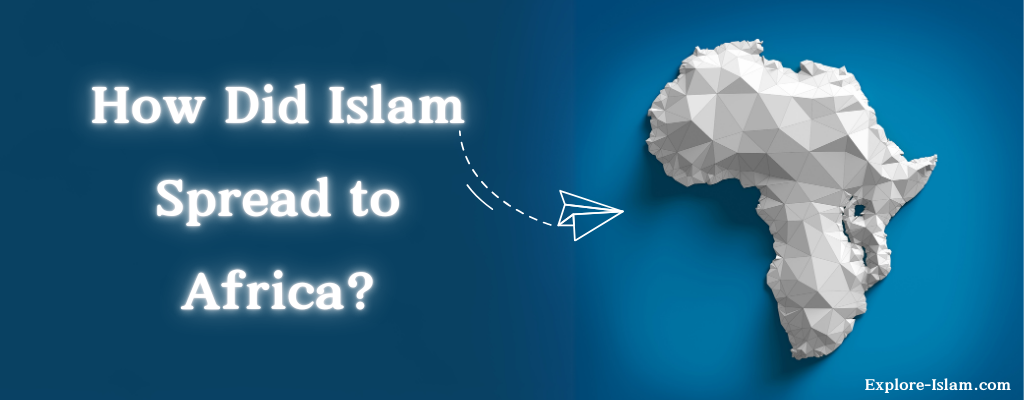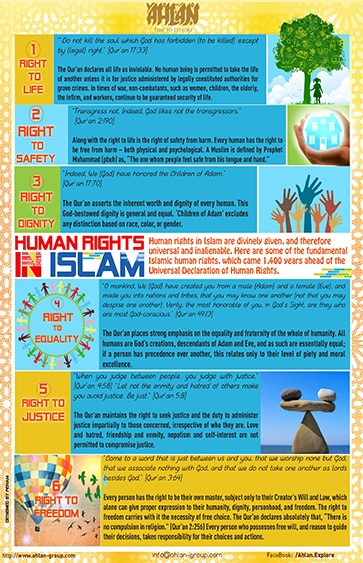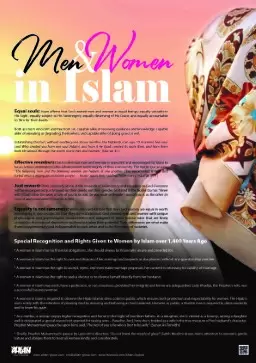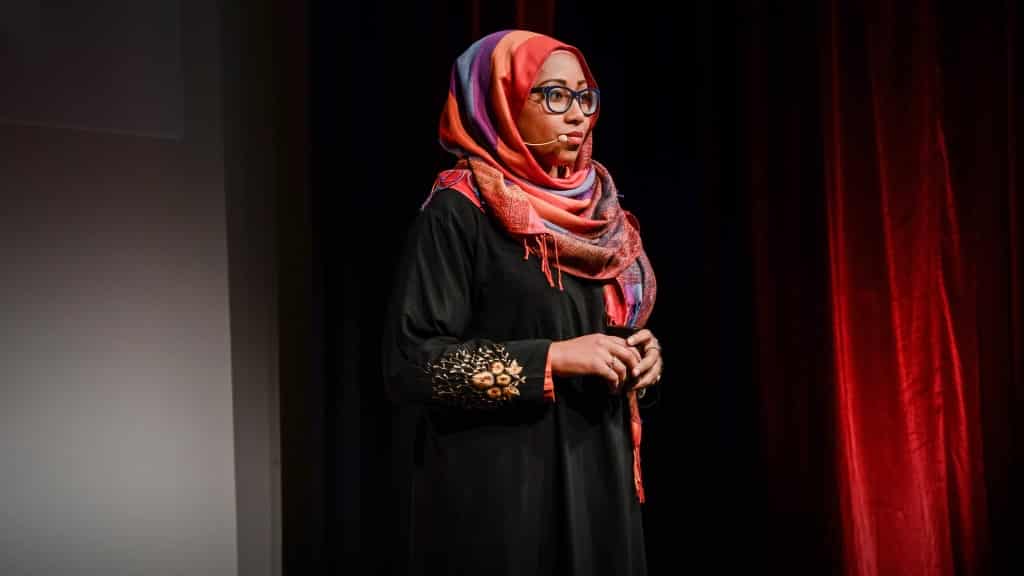Islam spread in Africa through peaceful trade and cultural exchange. In the 7th century, merchants and scholars carried the faith across the Sahara and along East Africa’s Swahili Coast, where trade hubs like Zanzibar flourished. Muslim traders introduced Islam along caravan routes, and by the 10th century, many African kings, such as the ruler of Gao, embraced the faith, contributing to its widespread influence.
How did missionaries spread Islam in Africa?
In the 7th century CE, following the Islamic conquest of North Africa, Islam spread throughout West Africa through merchants, scholars, traders and missionaries, that was mainly through peaceful methods.
Whereby African kings either tolerated the Islamic religion or accepted it themselves. Therefore, Islam has spread across the Sahara Desert. Additionally, the Islamic religion arrived in East Africa when Arab traders crossed the Red Sea and settled along the Swahili Coast, in a second wave.
Islam spread through the trade routes of the east coast of Africa by Muslim merchants. The earliest record for trade in East Africa was the Greco-Roman trade route down the Red Sea, along the Somali coast, to the Tanzanian coast.
Soon, Zanzibar Island became another trade hub and stayed so until the 9th century CE, with the settlement of Bantu traders on the Kenyan-Tanzanian coast joining the Indian Ocean trade networks and dealing with the Arab and Somali proselytizers.
The early Swahili town, Shanga, is a good example of early influence through Muslim traders where they built the first little wooden mosque in the region around the year 850 CE.
Soon after, Islam was established on the Southeast coast and eventually, a full-scale prosperous Muslim dynasty known for trading gold was established on the coast of modern Tanzania.
By the 11th century CE, mosques were built in several settlements down the east coast and Islam emerged as a strong unifying force on the coast forming a distinct Swahili identity.
Historical accounts suggest that the early spread of Islam was even more influential along the caravan routes of West Africa.
The significance of the trans-Saharan trade routes rose and declined over time according to the empire in power and the security along the trade routes, though it was already present since 500 CE.
Islam was introduced through Muslim traders through several main trade routes that joined Africa below the Sahara to the Mediterranean Middle East, such as Ghadames to Gao and Sijilmasa to Awdaghust.
Muslim traders traversed the Sahara into West Africa trading dates, salt, horses, and camels for gold, timber, and foodstuff from the old Ghana empire. The trade-friendly aspects of Islam, such as the credit or contract law, together with information networks helped create and enhance long-distance trade.
By the 10th century, a large number of merchants to the south of the trade routes had already converted to Islam. While in the 11th century CE, the kings also began to convert. The first Muslim ruler who converted to Islam in that region was the king of Gao, around the year 1000 CE.
While the Kanem empire, which was located at the south of the trans-Saharan trade route, followed after being exposed to the Islamic religion through North African traders, Arabs, and Berbers.
Read more:
Explore More?!
We appreciate your interest in exploring the Islamic religion! So, feel free to sign up for our newsletter, contact us in case you have any inquiries concerning the Islamic faith and practices, or simply drop us a line and we will contact you as soon as possible.

